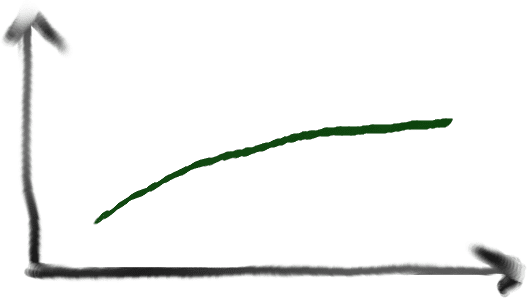For years I have preferred Scrum as a starting place rather than XP since it is easier to adopt. One of the patterns of Fearless Change is to take small steps. Scrum is a much smaller step than XP. That’s old news. Lot’s of folks like to start with XP, that’s OK by me.
Probably a good thing to clarify at the start is that Kanban is part of the Agile family of processes.
Kanban is easier to adopt than Scrum
Way easier. Like almost trivial. Let’s see: no process change, no role change, no change in team structure. Just make the work visible. Wow! There is so much value in just making the work visible. Lot’s of little problems can be fixed and voila – productivity and cycle time gains.
Kanban uses Kaizen = Continuous Improvement
 Kaizen is about continuous improvement. Define a standard process and then start improving. Take smalls steps. Get everyone involved. Kanban is a standardized process flow that starts with the existing process.
Kaizen is about continuous improvement. Define a standard process and then start improving. Take smalls steps. Get everyone involved. Kanban is a standardized process flow that starts with the existing process.
In the graph of performance vs time on the left, kaizen will result in improvements that will asymptotically approach the limit within that paradigm.
As teams mature, they may go beyond this into the place where Scrum/XP start…
Scrum/XP is Kaikaku = Radical Overhaul
Kaikaku is discontinuous improvement. It is about a revolution in the way things are done. It is also called Breakthrough Kaizen.
Can anyone say Scrum or eXtreme Programming? It changes work groups, job titles, roles, and project basics. For contexts where Scrum is a good fit, it is a high-value, high-cost game-changing move. James Shore has a great post on Kaizen and Kaikaku where he argues that this is a better starting place if you want a high-performance team.
What does this look like in terms of performance? See graph below. It looks like Virginia Satir’s Change Model.

In the Lean world, companies use both kaizen and kaikaku depending on circumstances as they are complementary approaches.
Why a gateway drug?
The gateway drug theory states that softer drugs (Kanban) can lead to harder drugs (Scrum, XP). This is a great metaphor because this theory has been proven as well as dis-proven. To quote David Anderson “we are only beginning to understand the differences between Scrum and Kanban”.
Do I believe in the the theory? I’m not sure that I care – as long as people are working to improve their work environments at a pace that works for them, that is good enough for me. For me, any Agile is good – it does not need to be one particular style.
Let’s face it – lot’s of organizations are ready for a radical overhaul. For companies like these, Kanban is a great place to start. Getting off the sofa and going for a marathon may not be a good idea. For some it may be better to start by jogging around the block.
Other Perspectives
David Anderson has a contemporaneous post (go read it, it’s good) supporting the notion that Kanban is primarily focussed on continuous evolution until the organization has enough maturity for more radical changes.
Ken Schwaber is continuing the drum beat that Scrum is the one true path.


